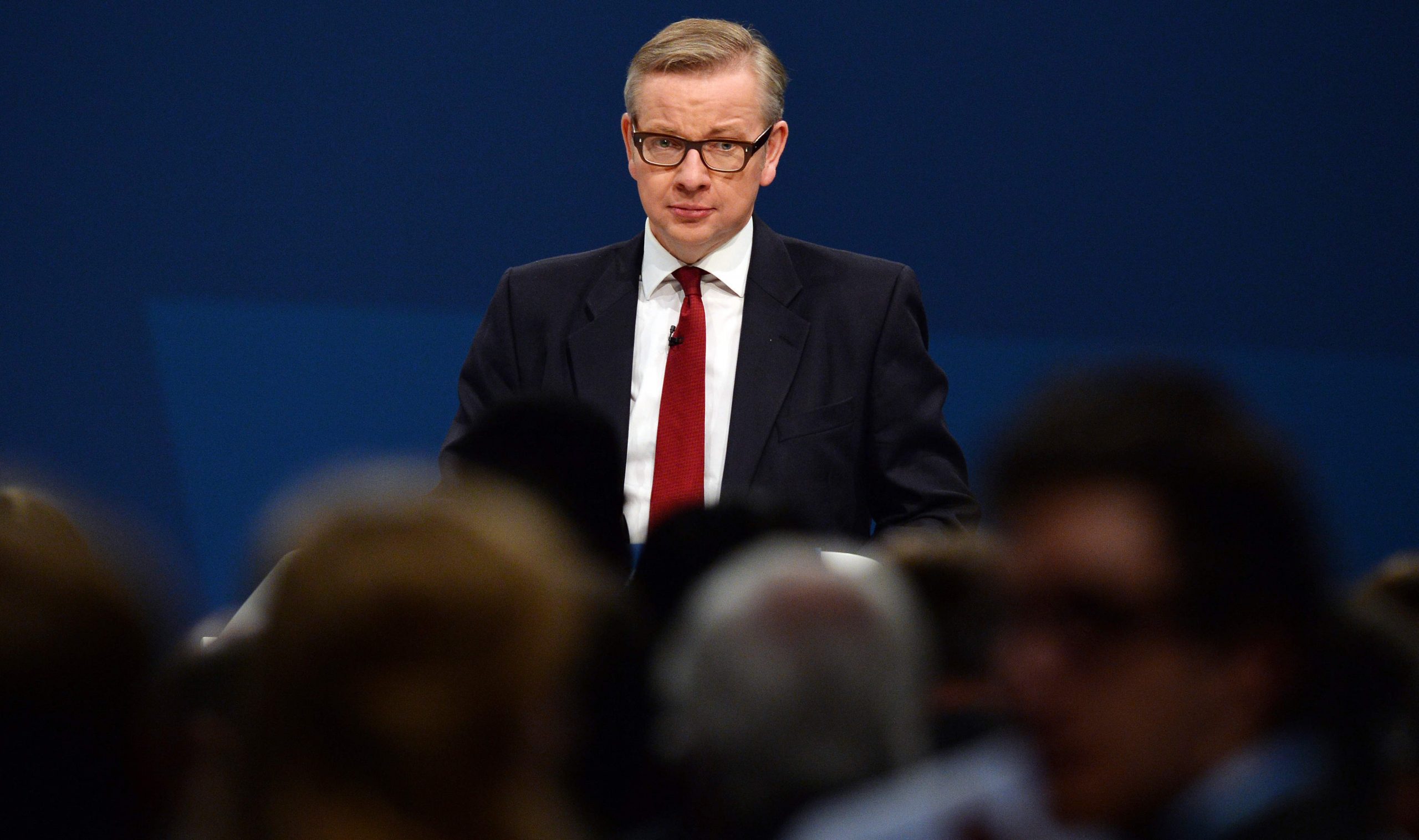
I read with interest Michael Gove’s article in the Daily Mail, where he defended the changes that his government has made to the UK’s history curriculum. He writes that these changes “have been welcomed by top academics as a way to give all children a proper rounded understanding of our country’s past and its place in the world.” Mr Gove is particularly concerned by what he sees as left-wing revisionism about World War I, which by many has “been seen through the fictional prism of dramas such as Oh! What a Lovely War, The Monocled Mutineer and Blackadder, as a misbegotten shambles – a series of catastrophic mistakes perpetrated by an out-of-touch elite.”
It is understandable that Mr Gove, at a time when public trust in institutions is crumbling, would want to mount a vigorous defence of those in positions of power. After all, he might argue, it is all too easy to snipe at those in charge. Gove contends further that “our understanding of the war has been overlaid by misunderstandings, and misrepresentations which reflect an, at best, ambiguous attitude to this country…There is, of course, no unchallenged consensus. That is why it matters that we encourage an open debate on the war and its significance.”
I hope, in time, that this open debate extends to a thorough discussion of the British Empire in the curriculum. I wish that I had learned more about, for example, the Scramble for Africa during my GCSEs, yet despite the crucial role of imperialism in shaping our modern world it was largely absent from our syllabus. At school we had a good look at the Indian Mutiny, and the end of slavery, and that was about it. It always seemed odd to me how I could have gone through my adolescence without studying a period so pivotal in this country’s fortunes: particularly since the Scramble occurred in the thirty-year period immediately prior to the World War I (and provided the Allies with many of the resources it would need to fight it).
Mr Gove is rightly concerned that certain narratives may find themselves erased from the versions of history that we see in schools, and welcomes the fact that “the numbers of young people showing an appetite for learning about the past, and a curiosity about our nation’s story, is growing once more. ” Of course, there are elements of that past which many people may find an uncomfortable read. As the Guardian noted in April 2012:
Thousands of documents detailing some of the most shameful acts and crimes committed during the final years of the British empire were systematically destroyed to prevent them falling into the hands of post-independence governments, an official review has concluded…Those papers that survived the purge were flown discreetly to Britain where they were hidden for 50 years in a secret Foreign Office archive, beyond the reach of historians and members of the public, and in breach of legal obligations for them to be transferred into the public domain.
The article continues:
Among the documents are a handful which show that many of the most sensitive papers from Britain’s late colonial era were not hidden away, but simply destroyed. These papers give the instructions for systematic destruction issued in 1961 after Iain Macleod, secretary of state for the colonies, directed that post-independence governments should not get any material that “might embarrass Her Majesty’s government”, that could “embarrass members of the police, military forces, public servants or others eg police informers”, that might compromise intelligence sources, or that might “be used unethically by ministers in the successor government”.
Regrettably, this country’s government has erased some inconvenient truths from history. Boris Johnson, as concerned as his colleague Mr Gove that the tale of World War One is being cynically rewritten, wrote in the Telegraph that “one of the reasons I am a Conservative is that, in the end, I just can’t stand the intellectual dishonesty of the Left. In my late teens I found I had come to hate the way Lefties always seemed to be trying to cover up embarrassing facts about human nature, or to refuse to express simple truths – and I disliked the pious way in which they took offence, and tried to shoosh you into silence, if you blurted such a truth.”
Mr Johnson continues:
“We all want to think of the Germans as they are today – a wonderful, peaceful, democratic country…The Germans are as they are today because they have been frank with themselves, and because over the past 60 years they have been agonisingly thorough in acknowledging the horror of what they did.” (My italics)
I hope, in that vein, that Britain begins to interrogate its imperial past with the same rigour that Mr Gove and Mr Johnson have demanded of World War One’s historians. If we are indeed to look back into the past with a fearless spirit of inquiry, then our gaze should rest there too.
This post first appeared on Musa’s blog, okwonga.com, and is crossposted here with permission





